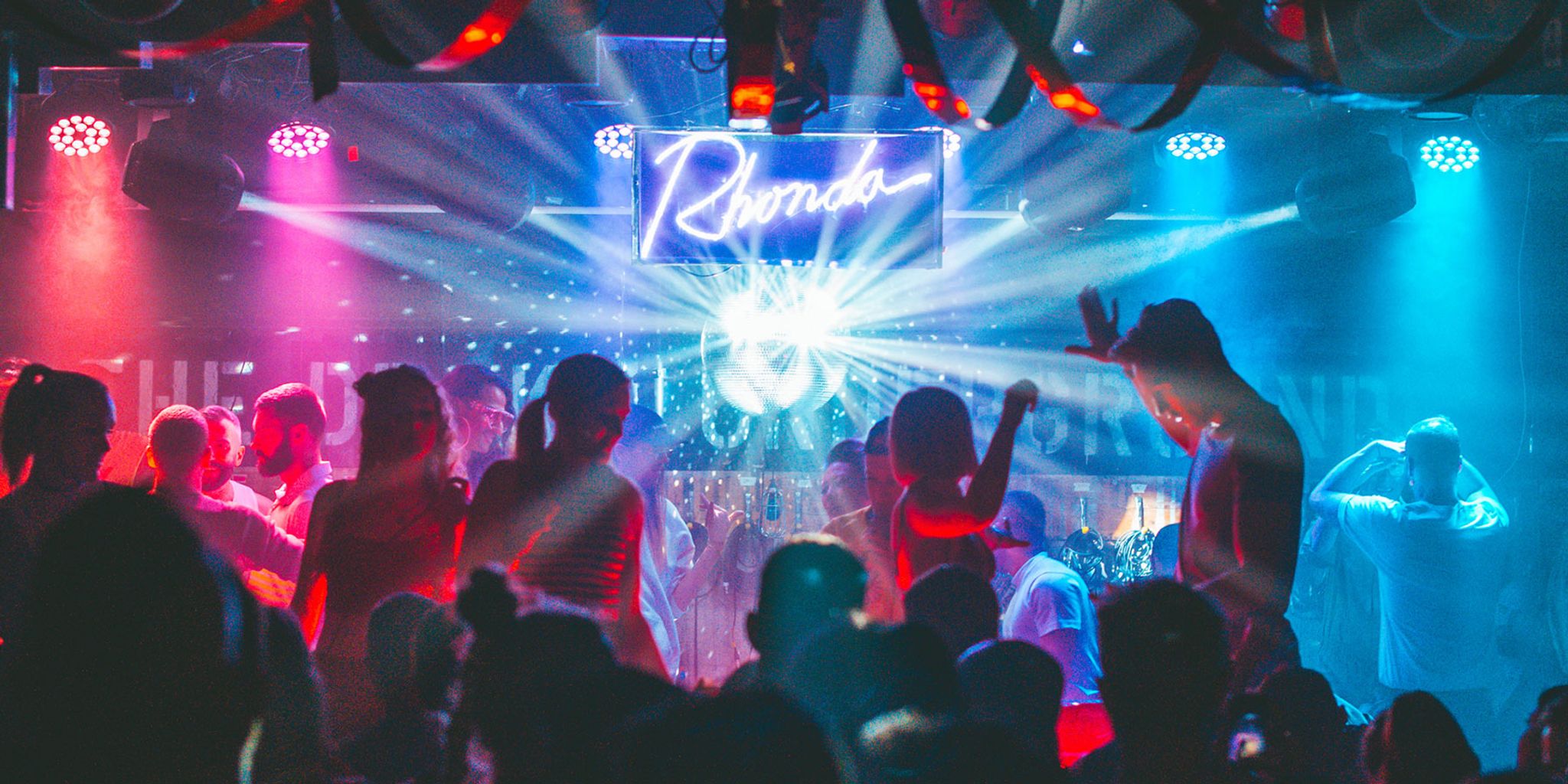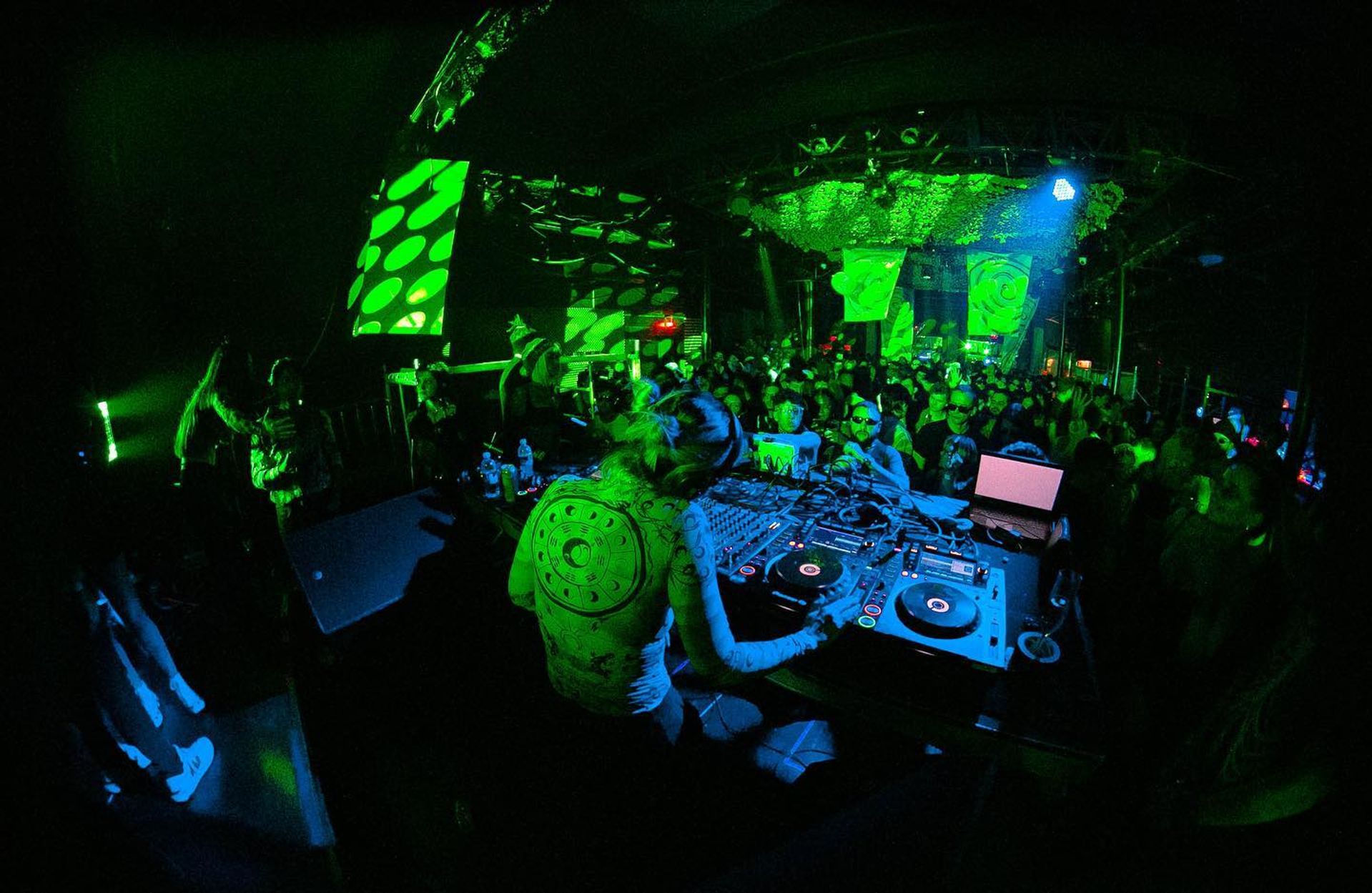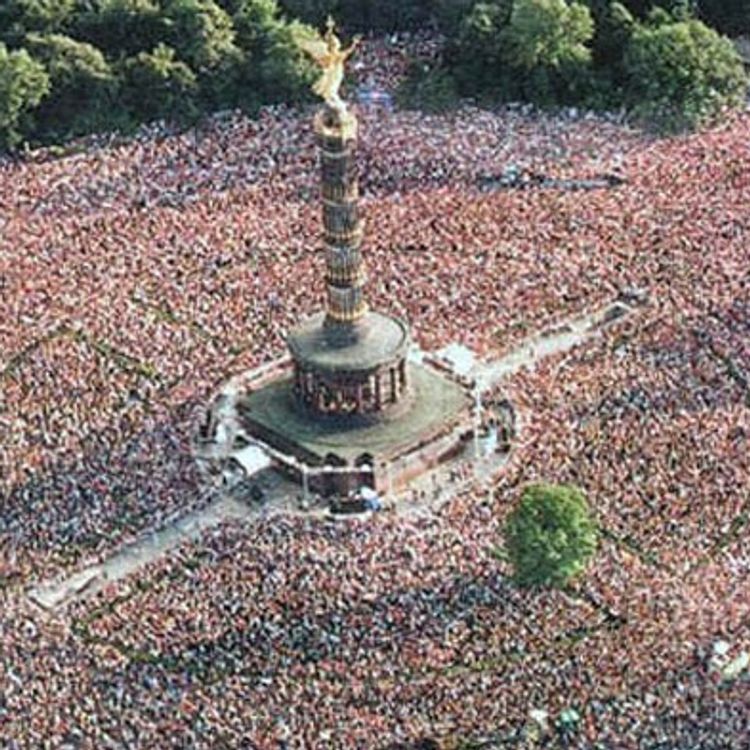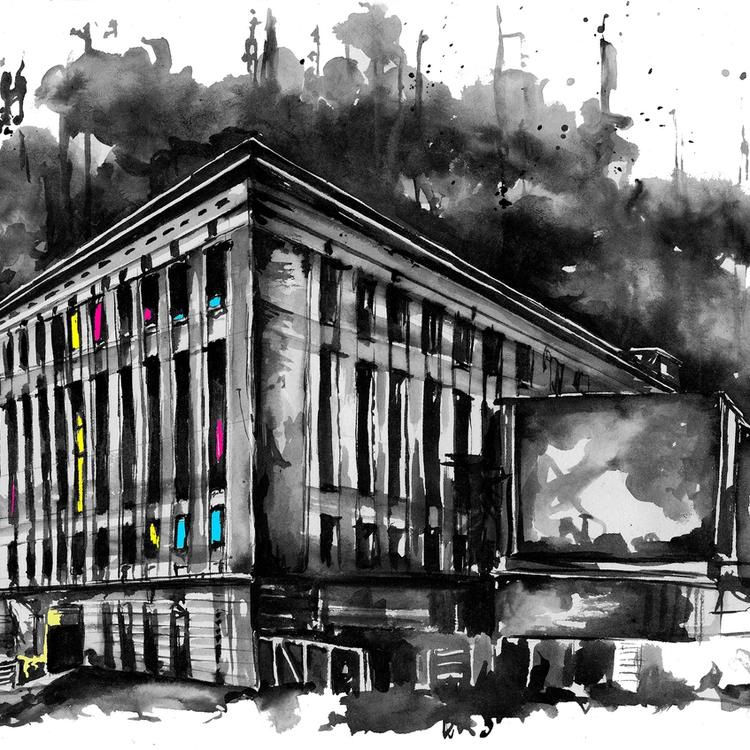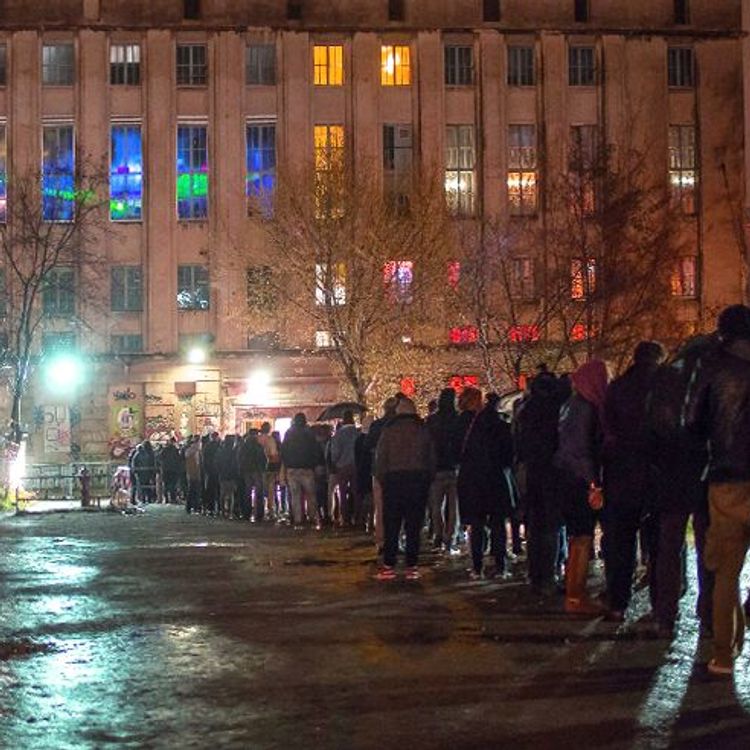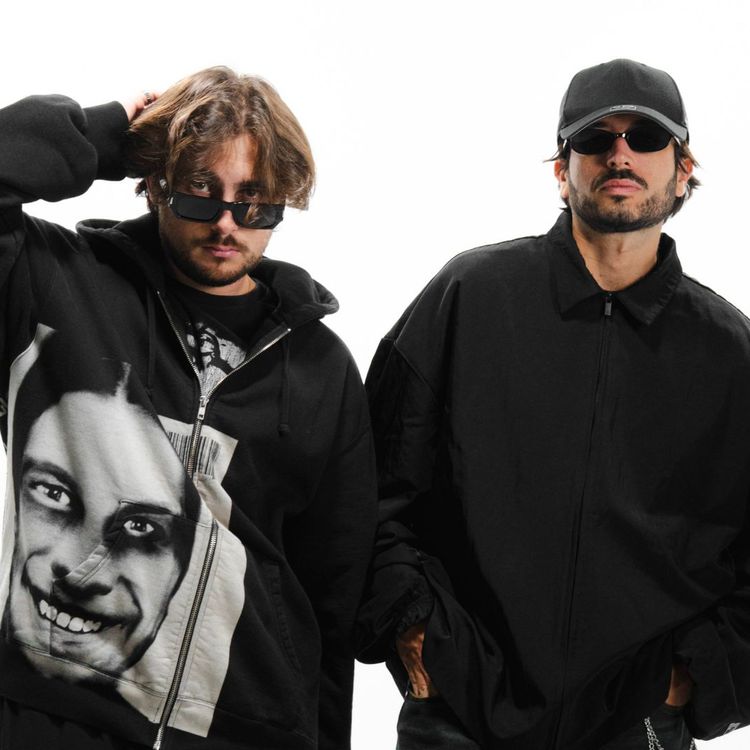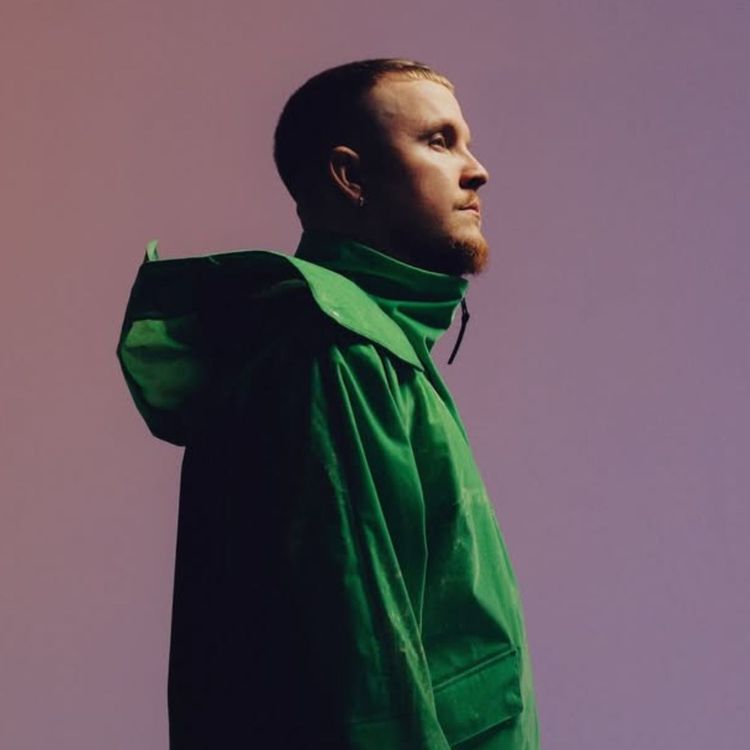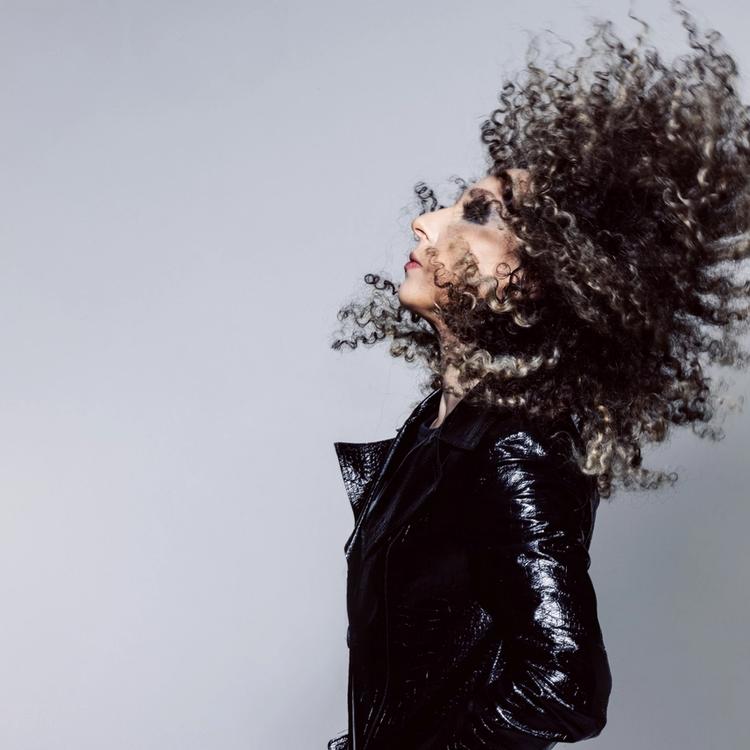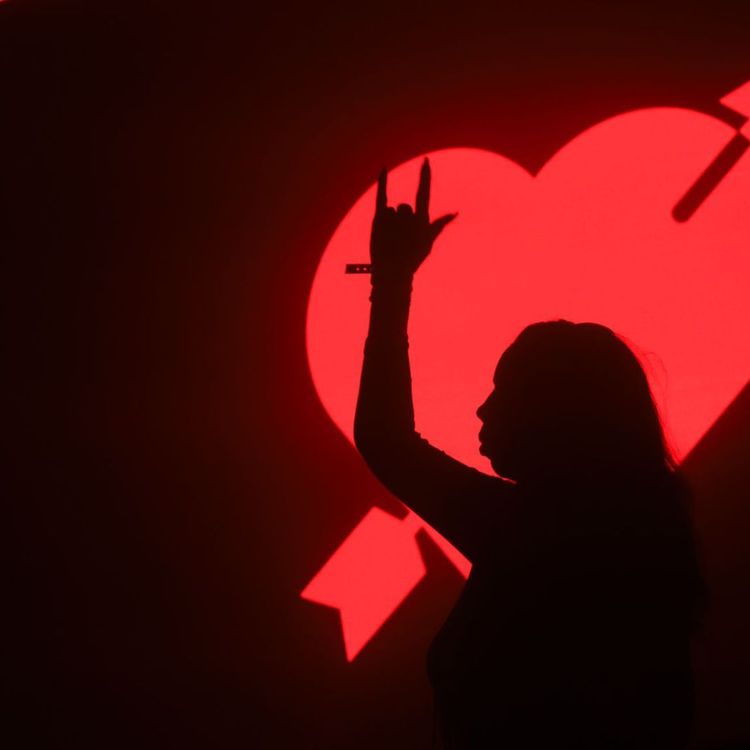These 6 Queer Parties Create Safe & Inclusive Spaces
The history of dance music is decidedly queer and full of people of color. It evolved from several genres, including disco, which was also queer and Black. Venturing deeper into the other genres that branched off from disco, we see the roots and the marginalized people who created and embraced it.
LGBTQI+ communities helped shape everything from dance music’s sound, mood, and culture. They intended to create all-inclusive music and spaces free of homophobia, racism, and hate. Persecution for being gay was and is a real thing, so there needed to be places where these marginalized folx could go and be around like-minded people and feel safe.
Chicago was a relatively safe space for queer folx. Since the 20s, there have been gay enclaves throughout the city. Illinois was the first to repeal the sodomy law, and after Prohibition, the first bars catering to lesbians and gays began to prop up in Chicago. In the 80s, the Human Rights Ordinance gave queer folx a pathway into politics. Suffice it to say, the city as a whole was a safe space, albeit maybe more so in particular districts.
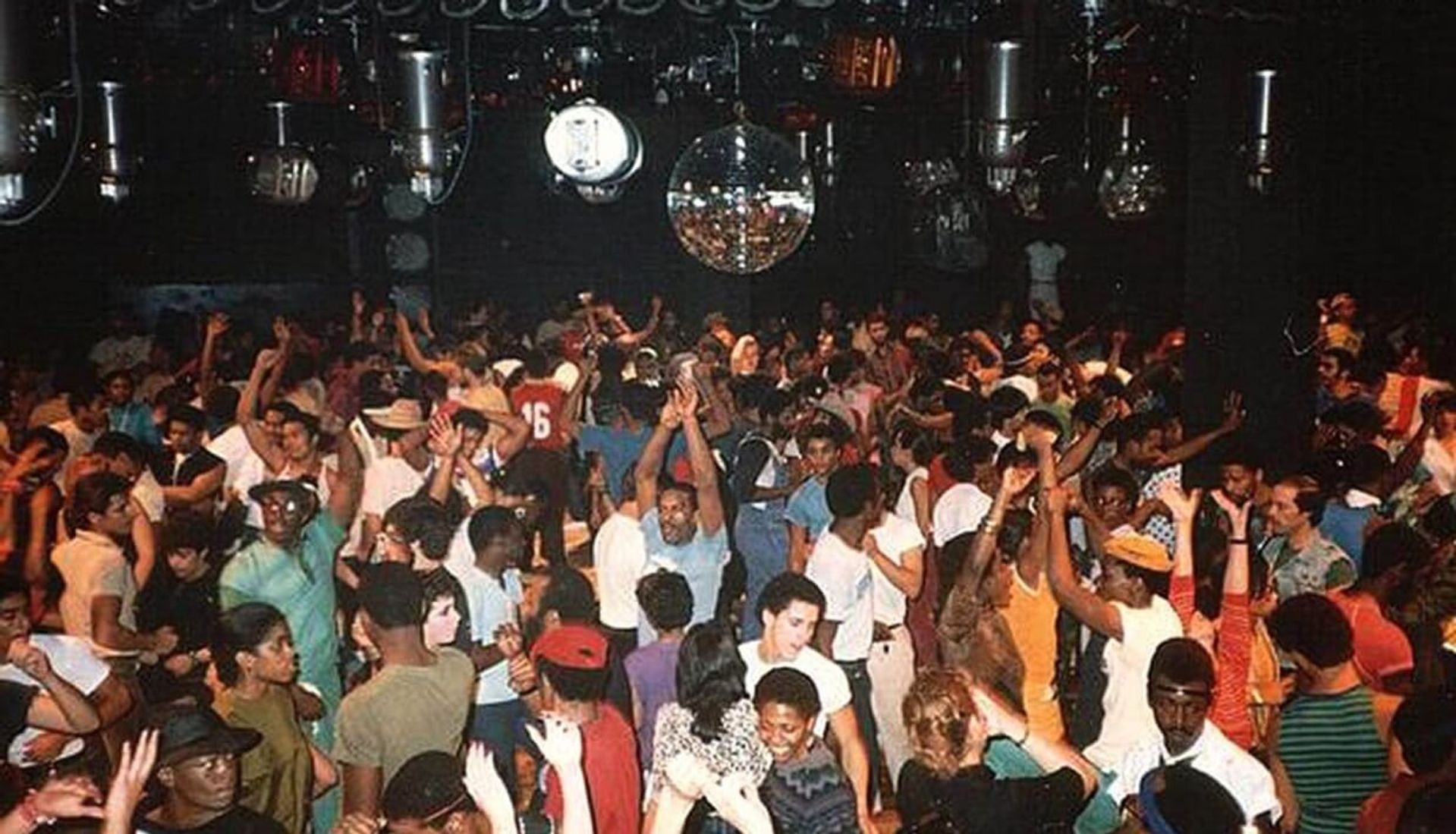
The Warehouse, Chicago
A mainstay in the Chicago dance scene, Frankie Knuckles, helmed The Warehouse, a members-only club almost exclusive to disenfranchised gay Black and Latinx men. This club cultivated the scene in a guarded manner, and it was here that Chicago house was born. Those same gay Black men looking for a place to belong attempted to bring solidarity and momentum to the community.
The Warehouse offered an almost religious respite for those who felt ex-communicated from communities due to their sexual orientation. This shaped the character and culture of The Warehouse, as it became a place where one could be their authentic selves. This was before any laws and ordinances were created to protect people from discrimination based on sexual orientation, and sadly, this was just how things were. But with the evolution of music, the evolution of house, things began to change.
In Detroit, a similar revolution was happening, but with techno. At first, the Motor City wasn’t as open to queerness as Chicago was, but once people saw what was happening in the Windy City, they decided to expand their point of view. Inspired by the movement in Chicago, Detroit producers like Chez Damier, Alton Miller, and George Baker felt that they wouldn’t settle until they could create a similar club and vibe that The Warehouse provided Chicago. Thus the Music Institute was born. This after-hours spot was the first place in Detroit, and the world, to give Techno a chance, all while uniting the scene and providing safety for queer and people of color. Saturday nights at the Music Institute were pretty provocative as they took a page out of DJs Larry Levan and Frankie Knuckles books on DJing.

Mark Browning, Chez Damier, Patrick Burton, K-Hand, and Robert Stanzler at The Music Institute
Gregory A. Sobieraj
Promoters strove to create places where everyone could express themselves freely. While house and techno parties remain safe havens, the original message has been somewhat diluted, especially since the architects of the culture are no longer at the forefront of dance music. Thankfully, there are crews focused on refocussing that attention. We pulled together a list of parties that continue to expand on this mission.
A Club Called Rhonda
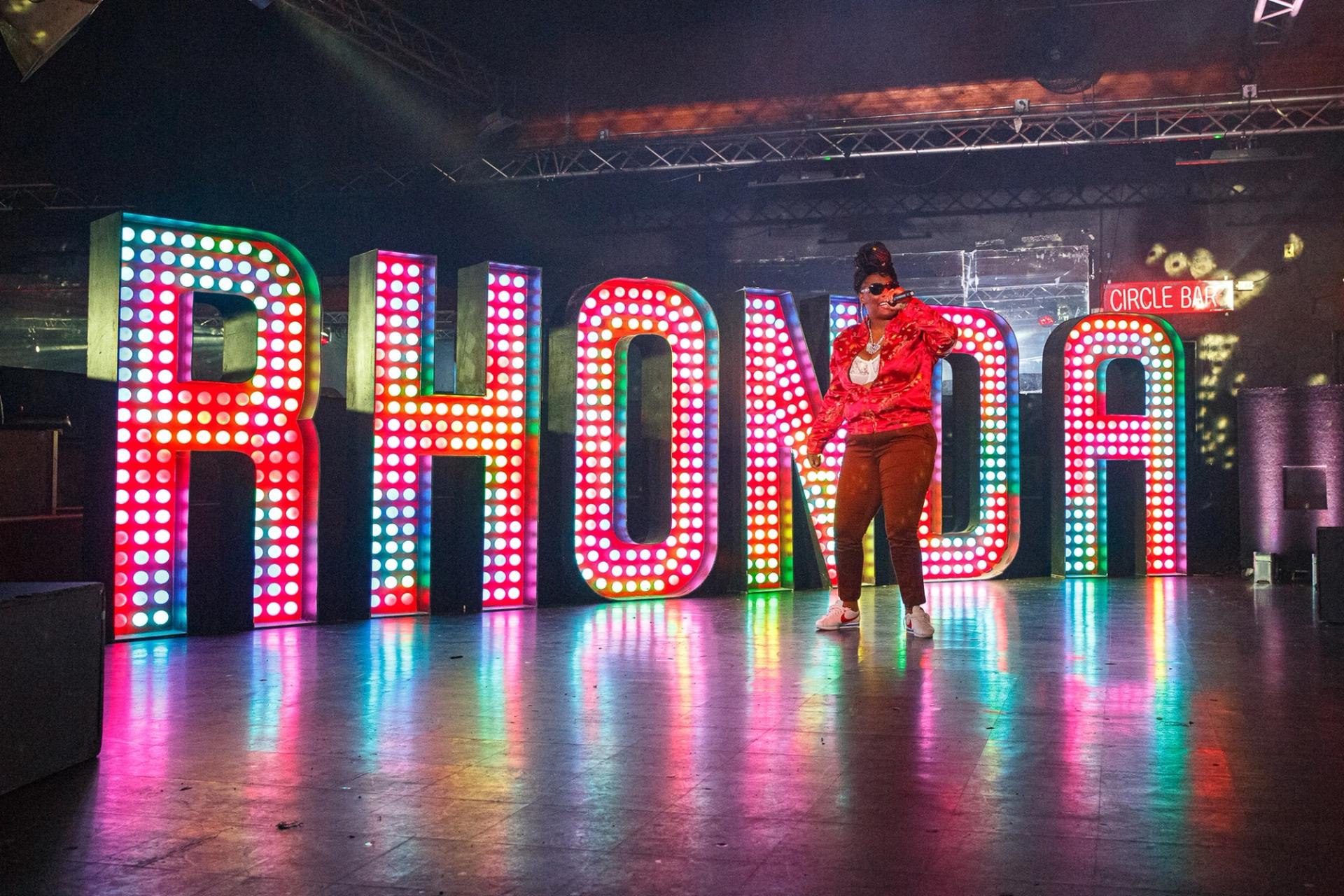
For 14 years, A Club Called Rhonda has served Pansexual greatness to the LA area and beyond. The friend you never knew you needed, A Club Called Rhonda is the indulgent party everyone’s invited to and features an anything-goes policy. The only rule is to come ready to serve! In looks, that is. Full of inclusivity and acceptance, Rhonda offers a magical night that bridges the gap between gay and straight folks while fusing the love of music and LA nightlife. Founders Gregory Alexander and Loren Granich wanted to recreate the vibes of clubs past, reigniting the passion created when the culture was first presented. And they are doing just that.
Follow A Club Called Rhonda on Instagram | Twitter | Youtube
Berghain
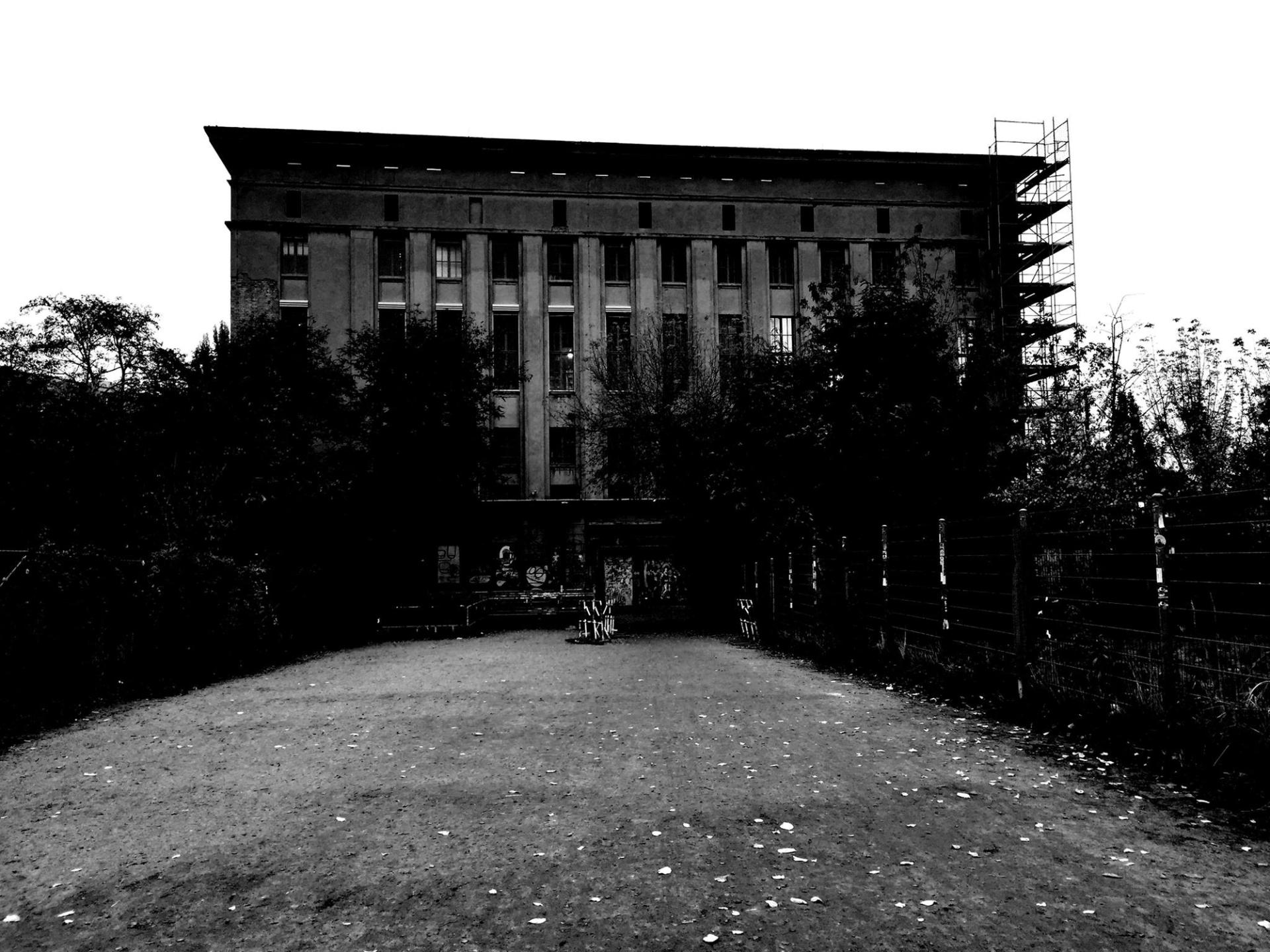
Berghain
We couldn’t write this piece without acknowledging Berghain. The infamous club grew popular during a time when subcultures began to gain prominence. Its current door policy continues to protect these communities from feeling vulnerable or unsafe. It’s also why the ‘no photos inside the club’ policy exists. There’s no fear that your sexual exploration or freedom will be exploited. Norbert Thormann and Michael Teufele founded Berghain in 2004 to change the conversation and improve things while making history.
Follow Berghain on Instagram | Twitter
The BunkerNY
The Bunker in New York has been a formidable part of the New York party scene because of the music and the community it attracts. The Bunker is a record label, podcast, event series, booking agency, and radio show, all rolled into one. The event series is the culmination of their mission of unity. The community continues to show up because they once feel welcome and safe. With 19 years of providing quality events and music, The Bunker always honors and pays homage to the LGBTQI+ community with each event. They encourage any person, regardless of gender identity, sexual orientation, or race, to come through the doors of The Bunker event if the music so moves you.
Follow The Bunker on Instagram | Twitter | Youtube
Internet Friends
If you’re from Miami, you’ve probably heard about Internet Friends. And hell, even if you’re not from Miami, I’m sure you’ve heard about this Queer-led, Trans, and ultra-femme collective. Internet Friends focuses on bringing diversity to underground spaces, giving the finger to sexist expectations and the toxic masculinity usually associated with nightlife. Staunchly against exclusion, Internet Friends was born out of a need for a safe space, and the crew tries to create a new, forward-thinking approach to inclusivity at each event. And fun fact: before organizing parties, they organized Black Lives Matter protests, which should indicate what this crew is like.
Follow Internet Friends on Instagram | Facebook | SoundCloud
Queer House Party

When the world went into lockdown, Harry Gay, Wacha, and Passer started hosting a weekly Zoom party from their London home. What began as a way to make some extra cash and connect friends has evolved into something so much more. Geared towards the LGBTQI+ community, this Zoom party brought out queer folx from around the world, some even in locations where it’s illegal to be gay, which is HUGE, considering that accessibility is super important, not just online, but in real life as well. Though things have opened back up and in-person parties are happening, Queer House Party continues their virtual takeover, ensuring that those who need it have an outlet to dance, celebrate, and express themselves.
Follow Queer House Party on Instagram | Twitter | Facebook
OMOH Budapest
Menishu is one of the founder bitches of the trailblazing technoqueer event, OMOH in Budapest. This event is not only ground-breaking, it’s a revolution and more than just a party. Founded in 2016, OMOH is all about body and sex-positivity, empowerment, and having the freedom to experiment as you see fit. When you’re part of a marginalized group, everyone matters, and everyone gets to have a say, and OMOH strives to keep that mentality. Plus, there’s the added difficulty of throwing a queer party in a country overrun with homophobia. OMOH’s goal is to continue to offer safe places for people just to be.
